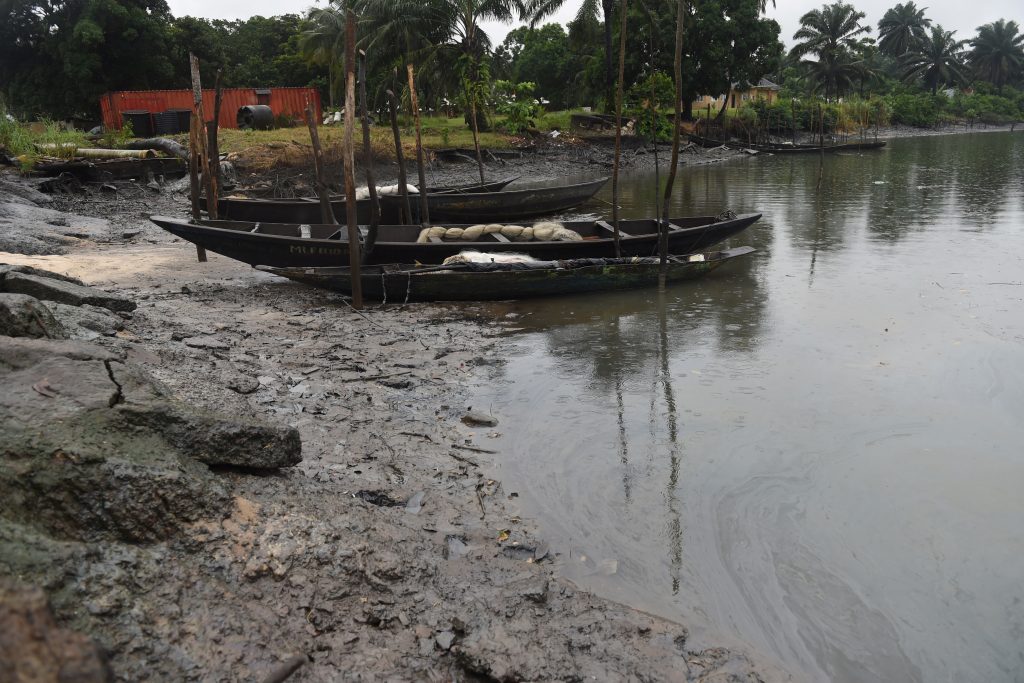The European Union, on Wednesday, stated that it is working with the Federal Government to decrease environmental waste.
During an event in Abuja to mark this year’s International Zero Waste Day with the theme: “Beat Waste,” Deputy Ambassador, EU Delegation to Nigeria and ECOWAS, Zissimos Vergos, mentioned, “This year’s theme ‘Beat Waste’ emphasizes the highest priority to prevent waste from being created initially!
“The International Day of Zero Waste emphasizes both the significance of strengthening waste management globally, and the necessity to encourage sustainable consumption and production patterns.
“Annually, humanity produces between 2.1 billion and 2.3 billion tonnes of municipal solid waste. However, global waste management services are inadequately equipped to handle this, with 2.7 billion individuals lacking access to solid waste collection and only approximately 60 percent of municipal solid waste being managed in controlled facilities.”
Zissimos explained that waste pollution not only significantly endangers human well-being and economic prosperity, but is also part of the triple planetary crisis of climate change, nature and biodiversity loss, and pollution.
He emphasized that without immediate action, annual municipal solid waste generation will reach 3.8 billion tonnes by 2050.
“Acknowledging this significant challenge, the European Union launched the Global Alliance on Circular Economy and Resource Efficiency, led by the EU and UNIDO, with support from the United Nations Environment Programme, and also endorsed by Nigeria. The initiative promotes international cooperation to tackle plastic pollution, including in marine environments.
“It is for this reason that we collaborate with the Federal Ministry of Environment, currently co-chairing the Nigeria Circular Economy Working Group alongside UNIDO. The group brings together all key stakeholders to enhance the implementation of circular economy policies and practices at national and sub-national levels, with the aim of promoting inclusive and environmentally-friendly growth of the Nigerian economy.
“Our other contributions and achievements include the work on the National Policy on Waste Battery Management of 2021, support to NESREA on the National Environmental (Plastic Waste Control) Regulations of 2023, and last but not least the National Circular Economy Roadmap to be unveiled today,” he added.



